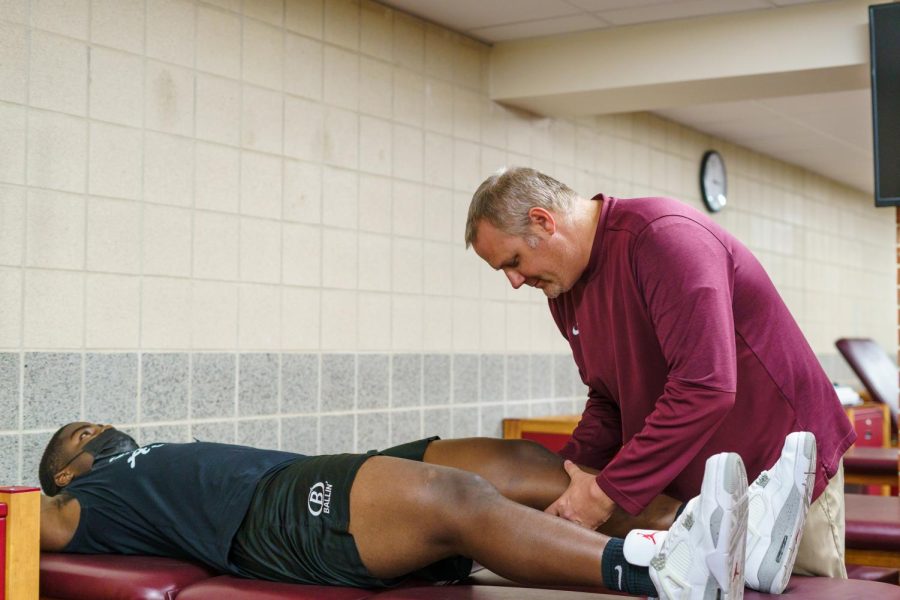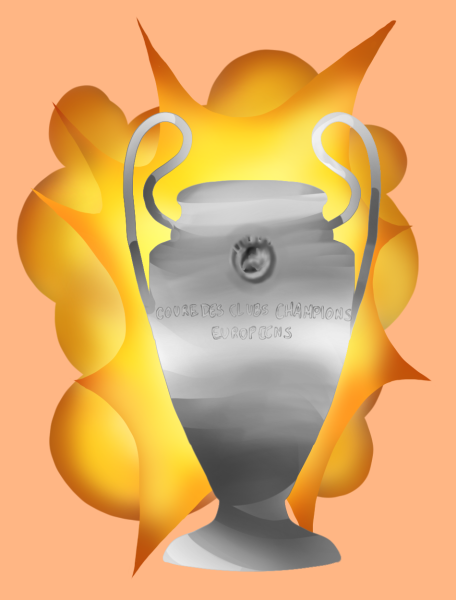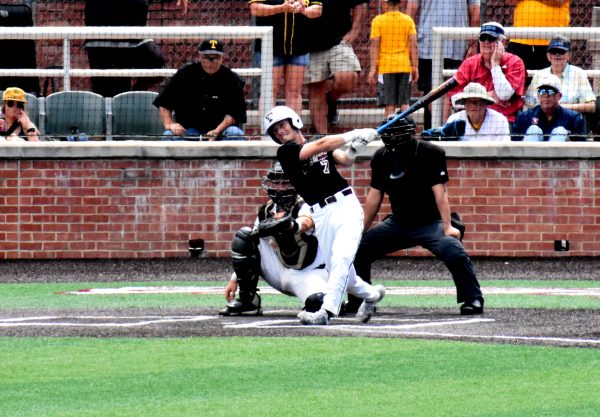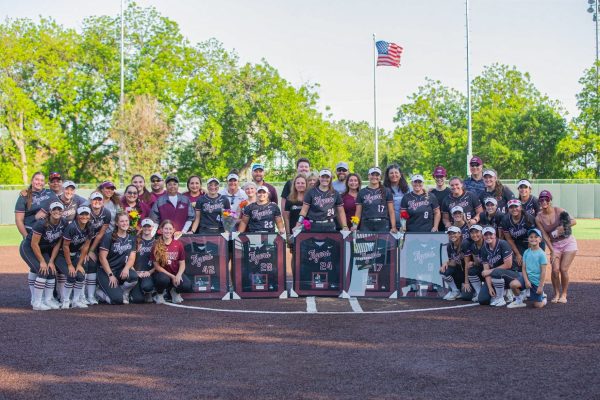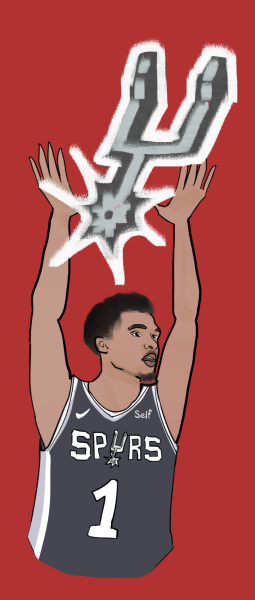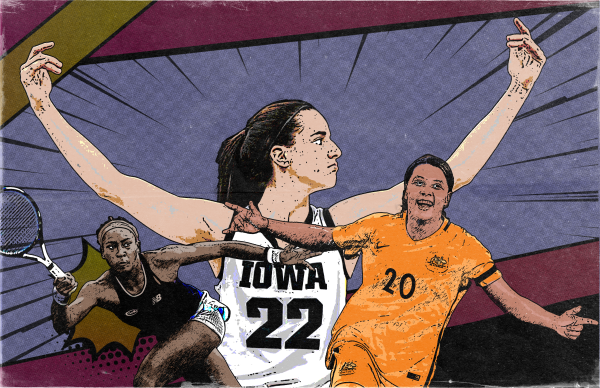Behind the scenes: Trinity’s athletic trainers
A look into the athletic trainers’ daily roles at Trinity
Behind every great team, there is a collection of smaller teams that are integral to preparing for the big games. One crucial part in the machine that is Trinity athletics is our athletic trainers and the jobs that they perform day in and day out. From stretching out the athletes’ muscles to guiding them through the grueling process of rehabilitation, the trainers here at Trinity take on many different responsibilities each day.
Marc Powell, Trinity’s head athletic trainer, knows the first floor of the Bell Center like the back of his hand, where the trainers’ rooms are located and students turn to for support whenever they need it.
Powell first joined Trinity in 1997 and hasn’t left since. A former football and tennis player, he knew he wanted to join the medical field from day one but didn’t quite find his path to sports medicine until his senior year of high school.
“We had an athletic trainer at my high school, so I got some exposure there, and then I was extended the opportunity to go to an athletic training camp at Texas State, so that was really my first exposure to athletic training on the curriculum side,” Powell said.
After graduating from University of Texas at San Antonio (UTSA) with a degree in biology, Powell was immediately given the opportunity to come here to Trinity and was appointed head athletic trainer two years later.
While Powell heads the operation, it takes the entire team of four athletic trainers in order to provide the best care possible to the Tiger athletes.
“We try to have a team approach. It’d be impossible for me to be here all day every day, so we as a team are rotating through who’s around and when they’re around every day,” Powell said.
Joined by Associate Trainer Meghan McCaffrey as well as Assistant Athletic Trainers Brent McKinsey and Ashley Martinez, a day in the life of these dedicated trainers begins even before the sun rises. They start off the day by making sure that each athlete is prepared for the practices or games that they might have that day. If a student needs to have an injury looked at, some soreness reduced or even get any parts of their body taped up and ready to go, they go to the athletic trainers.
“During football season, we typically get here between 5:30 and 6 a.m. and have pre-practice duties such as rehabilitation, stretching, etc. After practices, we’ll have another round of treatments, and then the afternoon is for any athletes for any sports who need to come back for further treatment,” Powell said.
Besides the daily practice schedules for each team here at Trinity, the trainers also have to schedule their time around attending each game in case there are any injuries or other health problems that could possibly occur.
Each team needs an athletic trainer to accompany them to every away game or tournament all across the country.
“We don’t want our teams to go anywhere without one of us, so we generally travel with all of our teams. We could be taking the bus, riding on the airplane or in a van. It really depends on the team,” Powell said.
While student-athletes are away at college, the team of athletic trainers really steps up to take care of them in all things physical and mental.
“Things really run 24/7, especially at the collegiate level. It’s not like high school where if you get a runny nose, the flu or even COVID-19, you can go home to your parents. Our students are far away from home, and so we end up managing as many illnesses as we do athletic injuries,” Powell said.
On top of dealing with immediate injuries and health concerns, the athletic trainers also work closely with the Strength & Conditioning teams in order to encourage injury prevention and other healthy habits for each student athlete so that they can be performing to the best of their abilities.
“It’s important to understand that in our space and with our staff, it never really stops. We may have a football game going on as well as soccer practice, a volleyball tournament and a tennis match. We have 18 teams moving in 18 different directions and we are responsible for managing the health care for all of them,” Powell said.
While the schedule can be very hectic, it’s all worth it for Powell and his team of trainers, who prioritize the health of the athletes above anything.
“The most enjoyable part of the job is the student-athletes who are very motivated and driven. We’ve got great coaches as well, just people who really get it, and that’s what makes this place so unique and enjoyable,” Powell said.
The athletic trainers here at Trinity are just one of many teams that work so hard every day to make sure that Trinity athletics run smoothly. Even though we often focus on the end product, whether it’s a touchdown on the football field or an undefeated soccer season, it doesn’t just happen right away. Members off the field heavily contribute to these successes, and a key part of this is our Trinity athletic trainers and their dedication to their roles within each team.

Hi! My name is Nathalie Tawa. I am a sophomore from Houston, Texas currently majoring in International Studies with a concentration in Global Health and...

My name is Sam (he/him) and I'm a photographer here with the Trinitonian. I'm a senior Communications and German double major from Austin, Texas, and...

